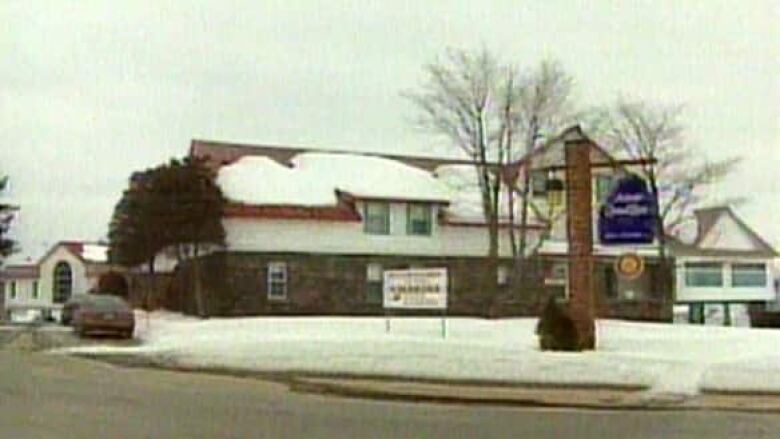National Post loses secret source case
Civil liberties group says court decision a blow to press freedom

The top court ruled 8-1against the newspaper and journalist Andrew McIntosh, in a case linked to the 10-year-oldso-called Shawinigate scandal that involved former prime minister Jean Chrtien, a hotel in his home riding and questionable bank documents.
McIntosh and the Post were attempting to quash a search warrant issued nearly 10 years ago in the case that would have forced them to provide RCMP with thedocuments,which McIntoshobtained from aconfidential source known as"X."
"The law should and does accept that in some situations, the public interest in protecting the secret source from disclosure outweighs other competing public interests including criminal investigations," Justice Ian Binnie wrote on the Ottawa-based court's behalf, in a ruling released on Friday.
"In those circumstances, the courts will recognize an immunity against disclosure of sources to whom confidentiality has been promised."
P.O.V.:
Press freedom:Should secret sources always be protected?
McIntosh, who no longer works for the National Post, promised "X" confidentiality and stored the documents in a safe place.
RCMP sought the documents via a search warrant after the Business Development Bank of Canada called them forgeries.
TheSupreme Court's justices said claims of immunity can be argued on a case-by-case basis, but there is no broad legal protection to shield sources. In certain cases, such as this one, the court said police investigation needs override confidentiality.
Brown envelope passed to paper
In 2000, the investigative reporter was looking at potential links between Chrtien and the Grand-Mre Inn, a hotel in his home riding of Shawinigan, Que.
McIntoshobtained the bank documents from "X" around this time,and the paperworkappeared to be internal loan forms connecting the inn to a Chrtien family corporation.
McIntosh has already testified his source told him the documents arrived by mail anonymously, and "X"passed them along,believing them to be real.
When the BDBC said the documents were forgeries, RCMP were called in and requested them for testing. The Mounties obtaineda search warrant and assistance order asking the newspaper to assist in locating the documents.
Ontario's Superior Court struck both orders down, but the province's Court of Appeal later reinstated them.
Decisionhurtspress freedom: liberties association
The court decision has major implications for the journalist-source relationship, said the B.C. Civil Liberties Association (BCCLA), an intervener in the case.
"We all rely on that relationship to getthe news and issues ofgreat national importance, such as this one," said Tim Dickson, who acted as counsel for the BCCLA.
"It's because of the willingness of confidential sources to come forward. But they only come forward because they're promised confidentiality."
It's disappointing to see the country's highest courtmiss a chance to "set a high bar" for journalist-source relationships, Dickson added.
"That relationship is so important to freedom of the press, and having the news be brought out to thepublic."
With files from The Canadian Press












_(720p).jpg)


 OFFICIAL HD MUSIC VIDEO.jpg)
.jpg)



























































































